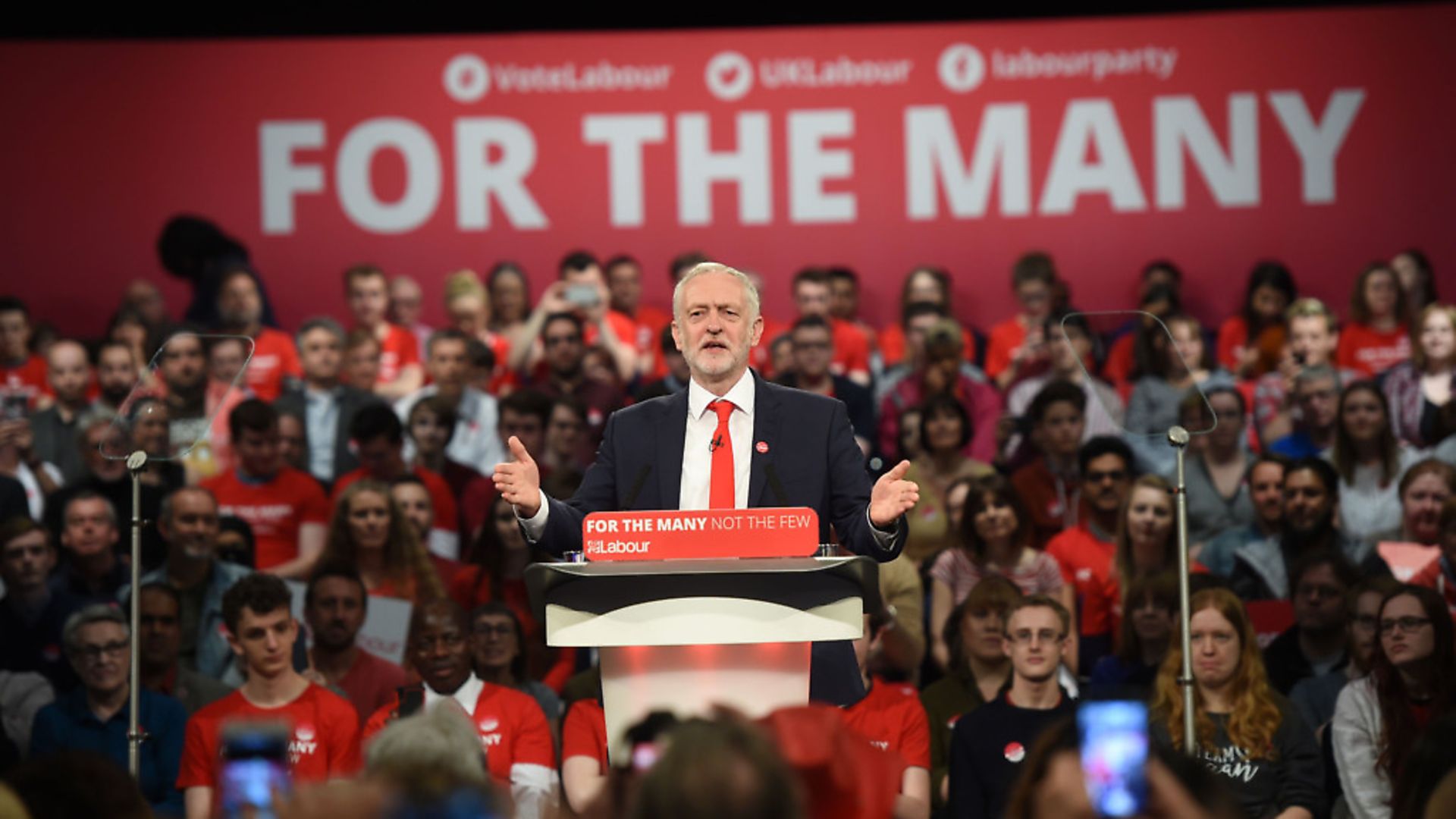
The European elections are a chance for Labour to escape from the Brexit cage the party has built for itself after nearly three years of unconstructive ambiguity.
By embracing their party conference policy of demanding a public vote on Brexit, Labour can ride a wave of support from a voter base which overwhelmingly backs holding a new referendum. If they don’t, they could haemorrhage votes to more legitimately pro-European parties.
One can only feel sorry for the different shadow cabinet members as they try and keep a balance between 1) what they think themselves; 2) the official line from the Leader’s office; 3) what they know to be the position of most of the 500,000 younger members who surged into Labour in 2016 and 2017; and finally 4) the views they believe Labour voters might hold in constituencies outside the metropolitan university cities, London and Scotland.
These are real political dilemmas. And while it’s easy for armchair critics watching their verbal convolutions to mock Labour’s ungainly fence-sitting, it helps to disguise the extent of division between older Tony Benn-era MPs, who were taught Europe was a bad thing, and the New Labour generation MPs who believe the opposite, and a younger generation who became Labour MPs after 2010 and who are not sure what they believe in.
But soon this era of double or triple-speak has to end. Labour faces local elections on May 2 and then European Parliament elections 21 days later. In both, 3 million EU citizens in the UK are eligible to vote. The two big political non-Westminster bubble moments this spring were the 1 million who marched in London for the right to be consulted and the 6 million who signed the e-petition urging the government to revoke Article 50. That is several million voters who have gone out of their way to say they don’t want the Brexit on offer.
In 1999, a proportional representation voting system for the European Parliament was introduced. It favoured Nigel Farage’s UKIP which in 2004, 2009 and 2014 became the vehicle for protest votes against EU citizens in the UK or simply against the government. But this time the same PR system may play against the anti-Europeans. Immigration from the EU is in sharp fall and the unpopular prime minister has hard Brexit as her flagship policy. The 16 million who voted against Brexit in 2016, plus all the new 18 year olds who have come onto the electoral register since then, can now vote.
What’s more, recent YouGov polling suggests that those who voted Remain in 2016 are much more likely to vote: 55% would ‘definitely vote’ compared to 40% of Leave voters; while 20% of Leave voters ‘definitely would not vote’ compared to just 6% of Remain voters. Another poll by Hanbury yields similar results for turnout. It also shows a squeezed Tory party and Labour on track to do rather well.
This presents a golden opportunity for anti-Brexit candidates to win through. There is a strong chance that the Lib Dems, the TIGers, the Scottish and Welsh nationalists and the Greens can make a pro-PV and pro-EU breakthrough. What of Labour?
These elections, which voters didn’t even expect to be taking part in a few months ago, will be all about Brexit. Labour should focus on its 2018 party policy decision to support a public vote. Fail to do so, and look like they’re helping May get her miserable deal through, they will snatch defeat from the jaws of victory. And yes, Labour can still call for a general election as well – after all that is what all opposition parties do.
The top line in every Labour leaflet should be: ‘Give Labour a vote and Labour will give the people a vote. You – not the Westminster and media elites – will decide our future.’
It’s a simple message, and one that can work.









